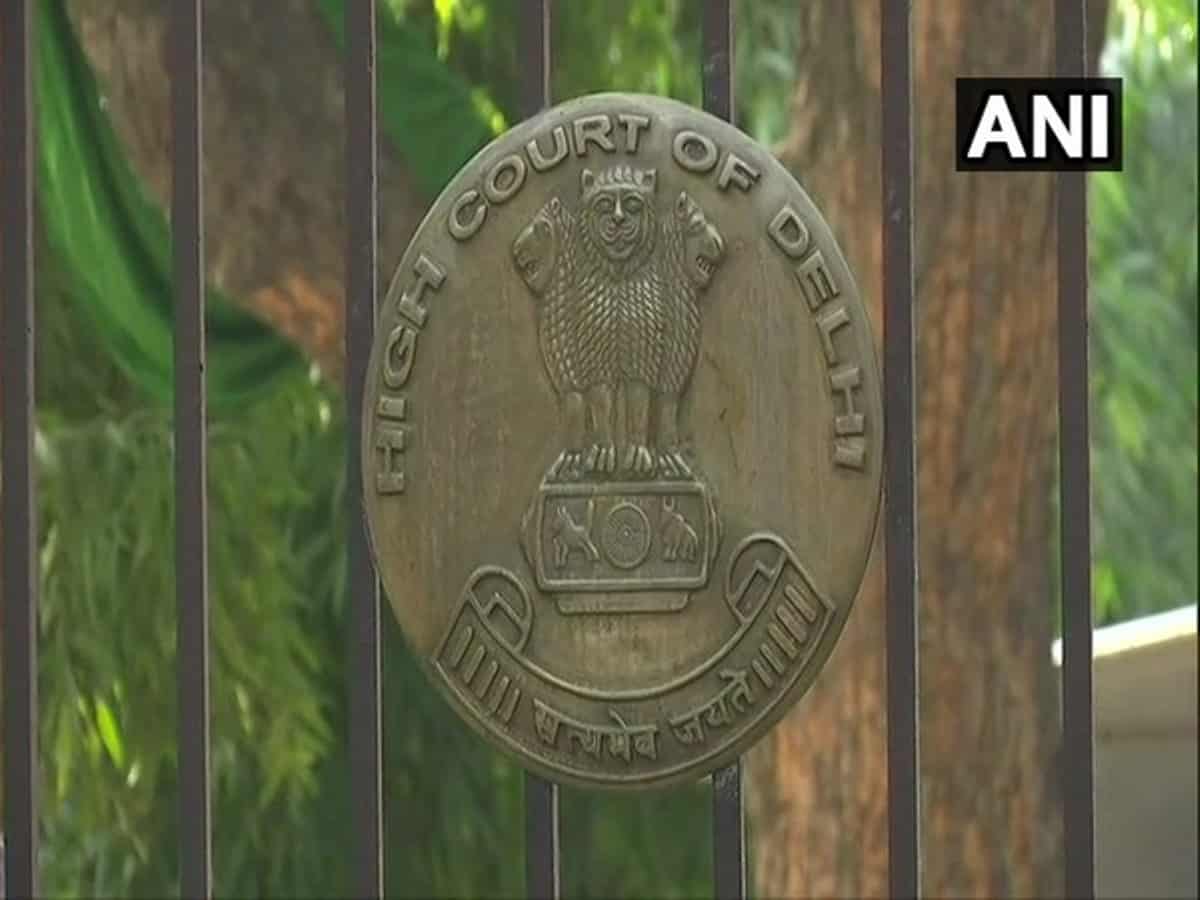
New Delhi: The Delhi High Court has expressed concern about religious conversion done solely for the purpose of marriage or evading law, such as by men facing rape allegations, and issued a slew of guidelines to be followed in such matters.
The high court said there should be an informed consent of the person who is willing to embrace another religion and should be fully cognisant of the multifaceted implications embedded in such a significant life choice.
It said that by providing a detailed understanding of the religion and its associated ramifications, the individual must be made aware of the potential shifts in his or her legal standing post-conversion.
“Conversion to another religion which is uninformed may not prepare a convert with the consequences that they will now not be able to follow their form of religion in case the religion they are converting to, does not permit so.
“This becomes more critical in case their reverting back to their religion may ensue legal, matrimonial, succession and custody related consequences. This court is only concerned with such situations. These situations may arise by conversion to any religion whatsoever,” Justice Swarana Kanta Sharma said.
The high court’s judgment came while refusing to quash an FIR lodged against a man for the offence of rape and criminal intimidation on the ground that he and the alleged victim have compromised and married each other.
It said the facts and investigation revealed the “story of love, lies, law, and litigation” as it transpired that the man and the woman, who were already married to different partners, had married each other.
While the man, a Muslim, as per his personal law could marry for a second time, he could not have married this woman, who was a Hindu, as her husband was alive and she was not divorced.
The court said that it must not be expected that as a matter of right, the marriage between the prosecutrix and the accused is sufficient ground for quashing the FIR of every case registered under Section 376 (rape) of IPC.
It noted that the timing of the marriage is also crucial as it was made the basis of plea for quashing. The marriage took place on the same date of the woman’s conversion in 2022, ten days after registration of FIR.
The court said its concern was critical as one after another, courts are confronted with cases where conversion to one religion or the other was being done only for the purpose of marriage and evading law which has deeply troubled its judicial conscience.
More so, since in many cases, quashing of FIR lodged under Section 376 of IPC is sought on the ground of conversions and marriage between the accused and the victim, which is followed by divorce or desertion of the victim after quashing of the FIR, it said.
“Without a doubt sexual violence against a woman should invite no tolerance. At the same time, manipulating the system by the parties to a case under Section 376 of IPC would equally need to be dealt with a stern hand and serious efforts should be made to address and remedy failings within the criminal justice system and through our society,” the court said.
It also said that the individual who is facilitating the conversion has the utmost responsibility to meticulously verify the identity of the prospective spouse. It said that the verification process is important to ensure transparency and authenticity throughout the conversion and subsequent marriage proceedings.
It directed that the affidavits ascertaining the age, marital history, marital status and its evidence of both the parties must be obtained at the time of inter-faith marriage after conversion by the concerned authorities, except in cases of marriages performed under Special Marriage Act.
The court directed that an affidavit must also be obtained to the effect that the conversion is being done voluntarily after understanding the implications and consequences related to marital divorce, succession, custody, and religious rights.
It added that the certificate of conversion and marriage should be in additional vernacular language understood by the prospective convert in proof of the fact that he or she has understood the same.
The high court was also critical of the way the magistrate recorded the statement of the woman by doing a mere formality in a typed initial performa.
It asked the Director (Academics) of Delhi Judicial Academy to conduct a workshop for magistrates on the importance and procedure to be followed while recording statements of sexual assault victims under Section 164 of CrPC.
“The judiciary, being a crucial pillar of democratic Bharat, is always striving to deliver the best and the need for continuous judicial education is a step forward in this direction for a more dynamic and professional judiciary,” it said.



